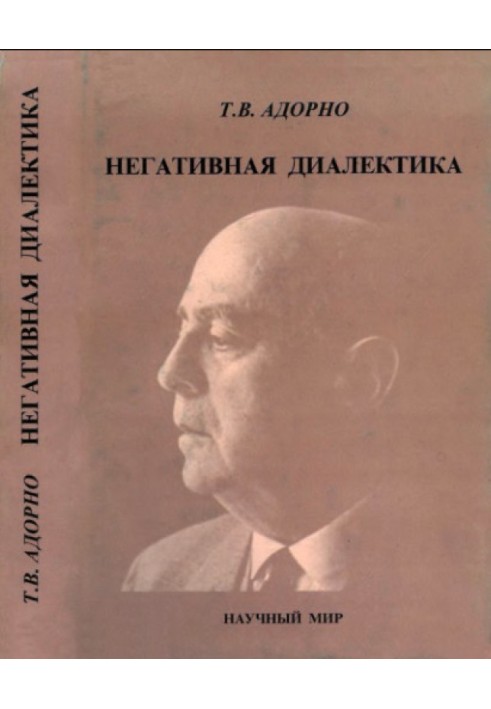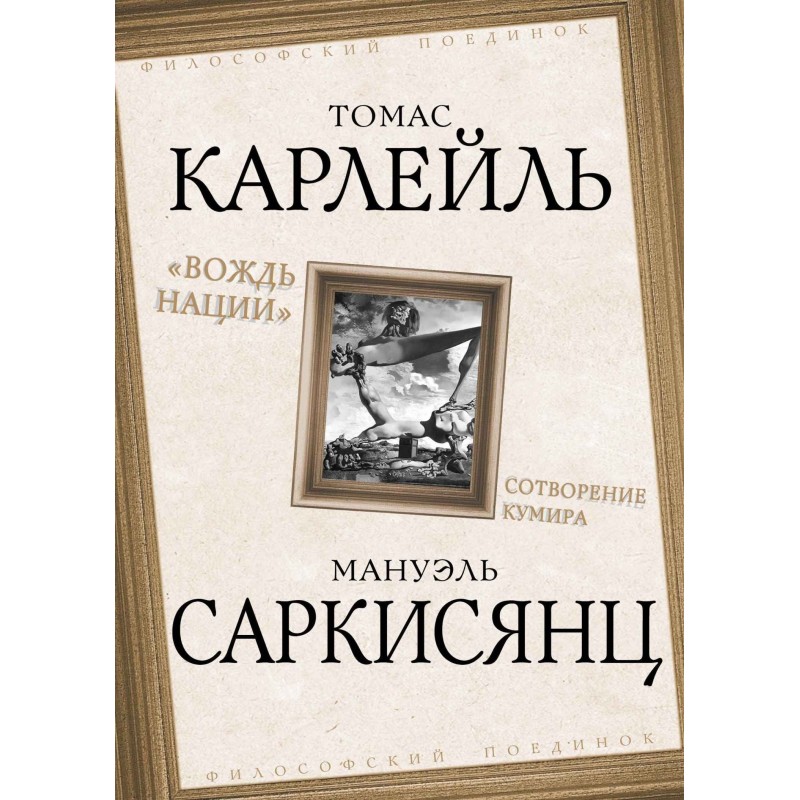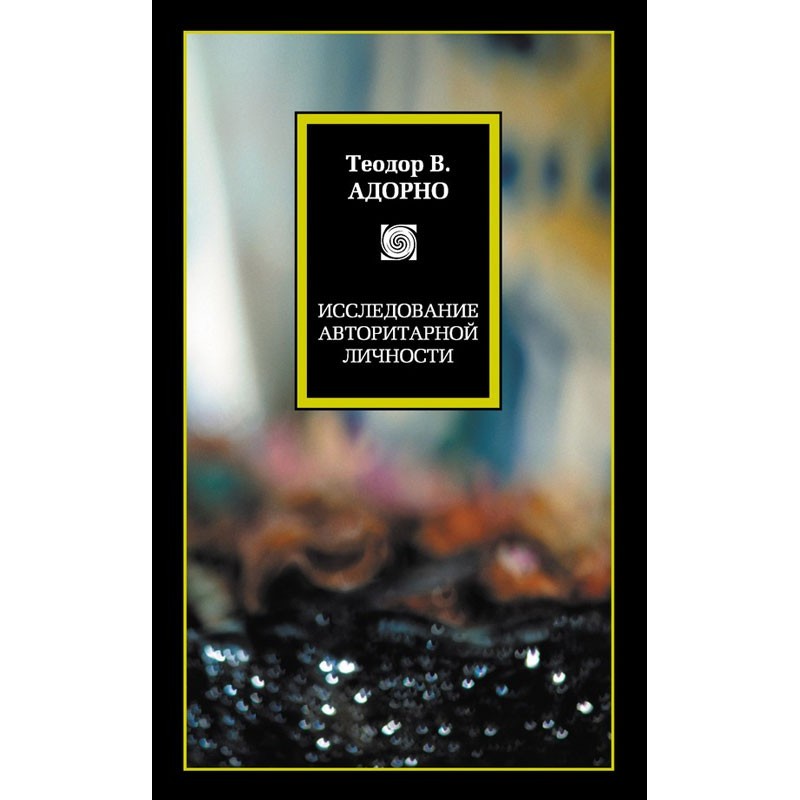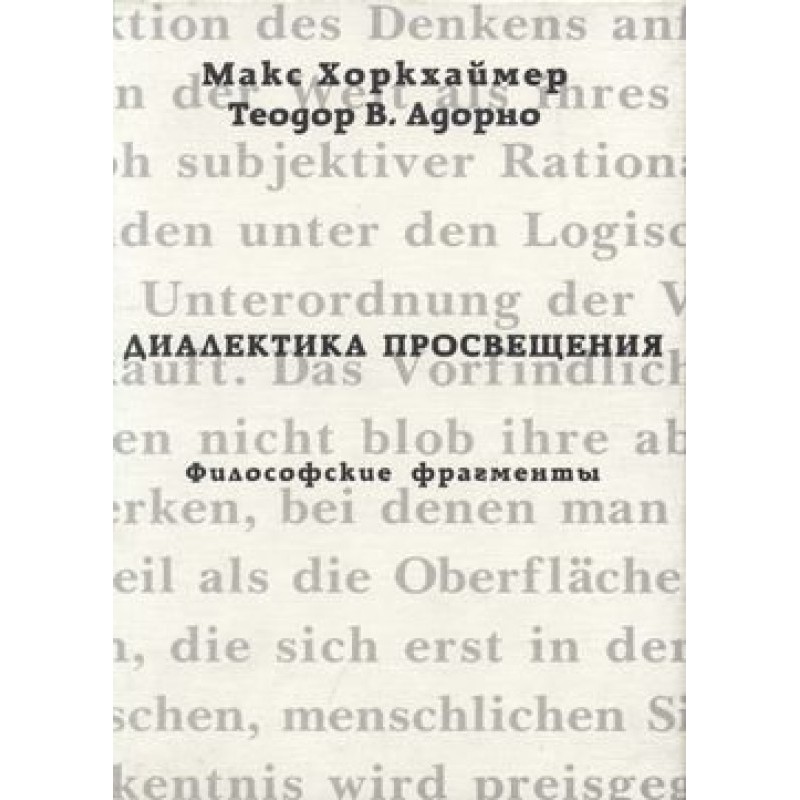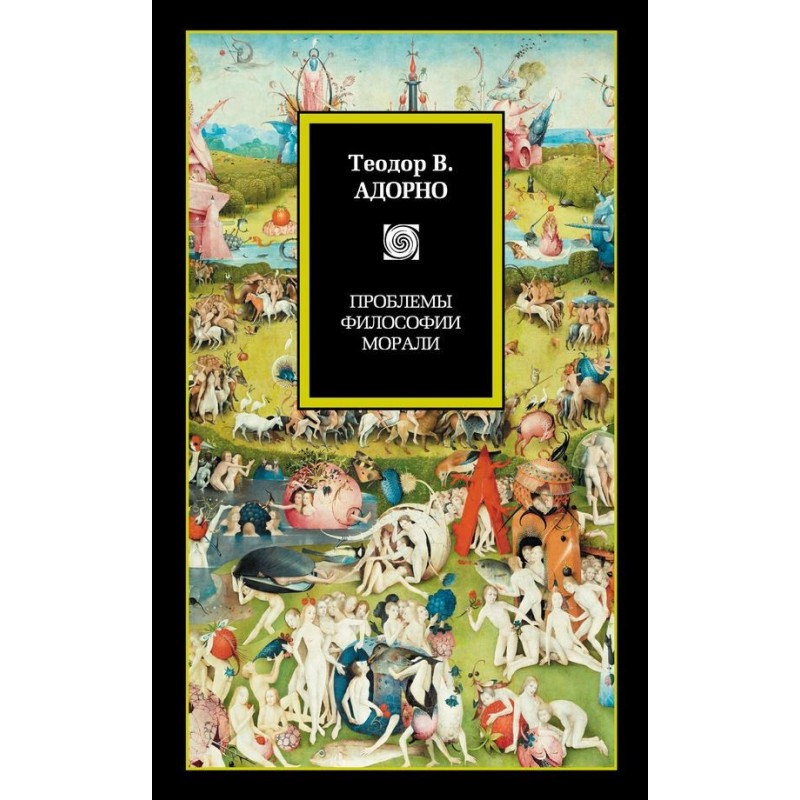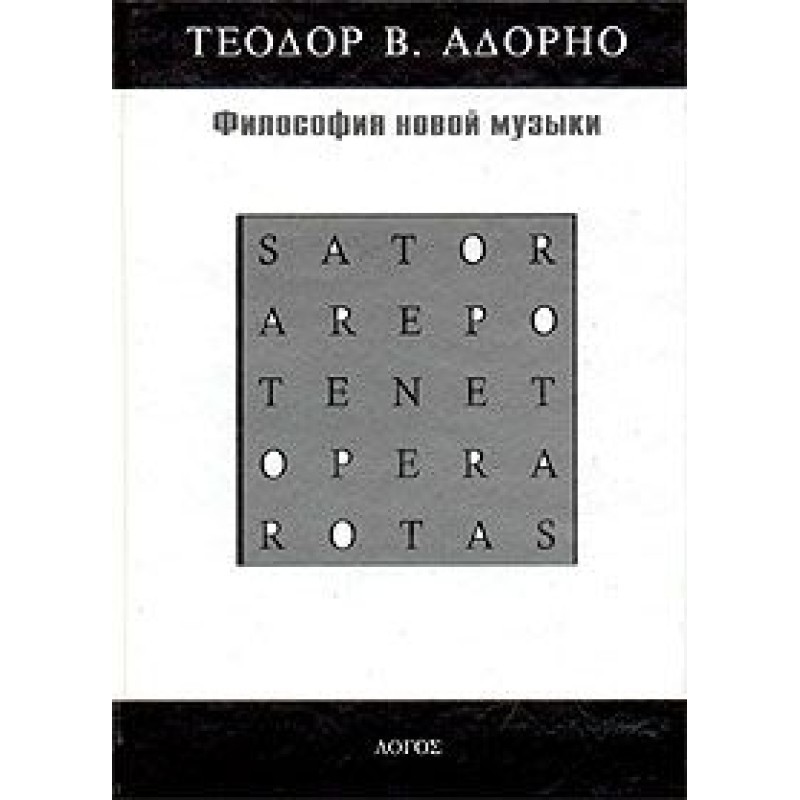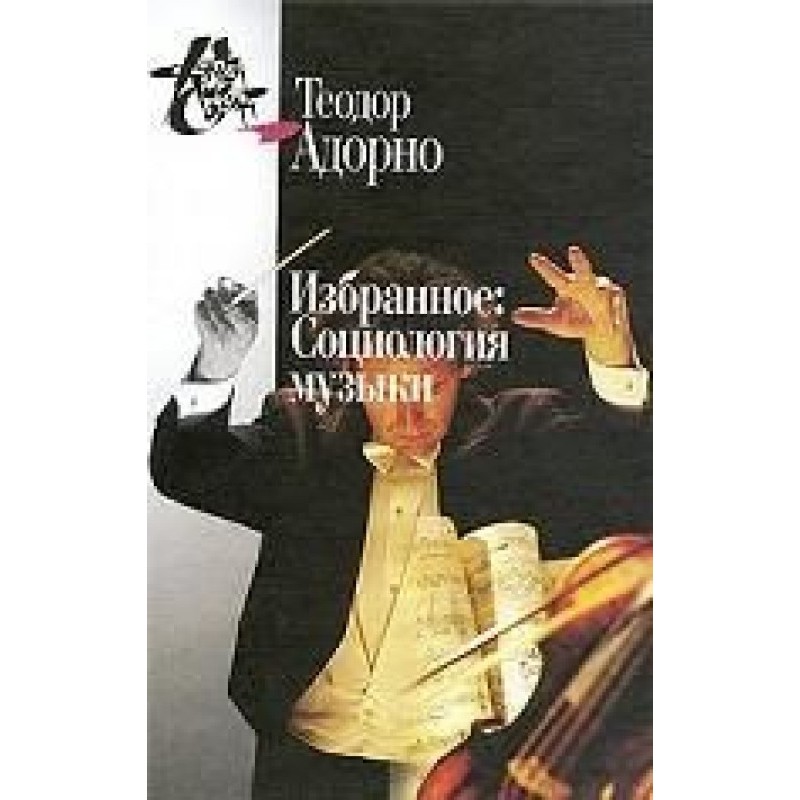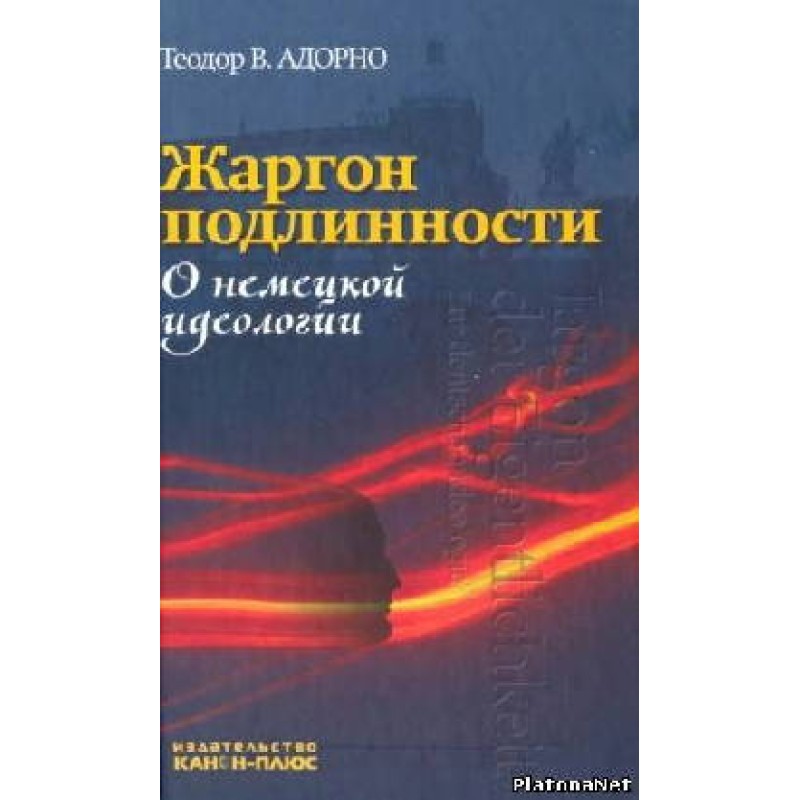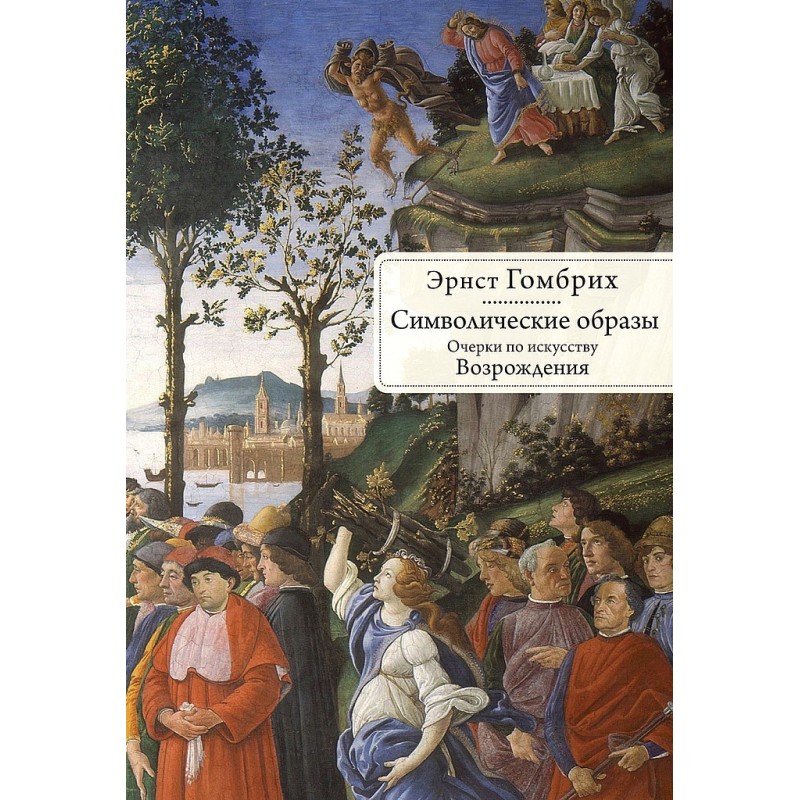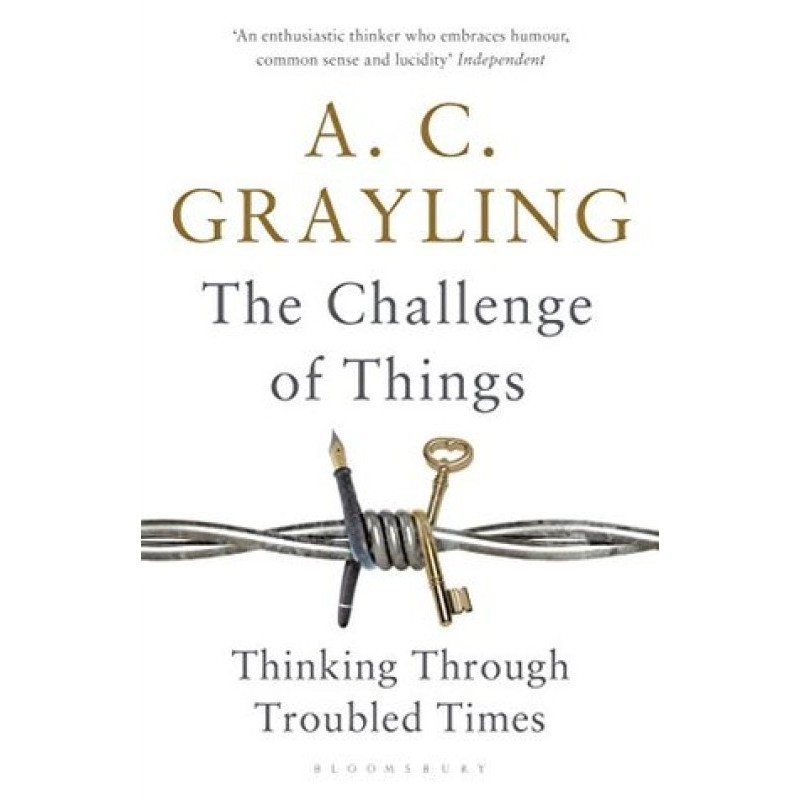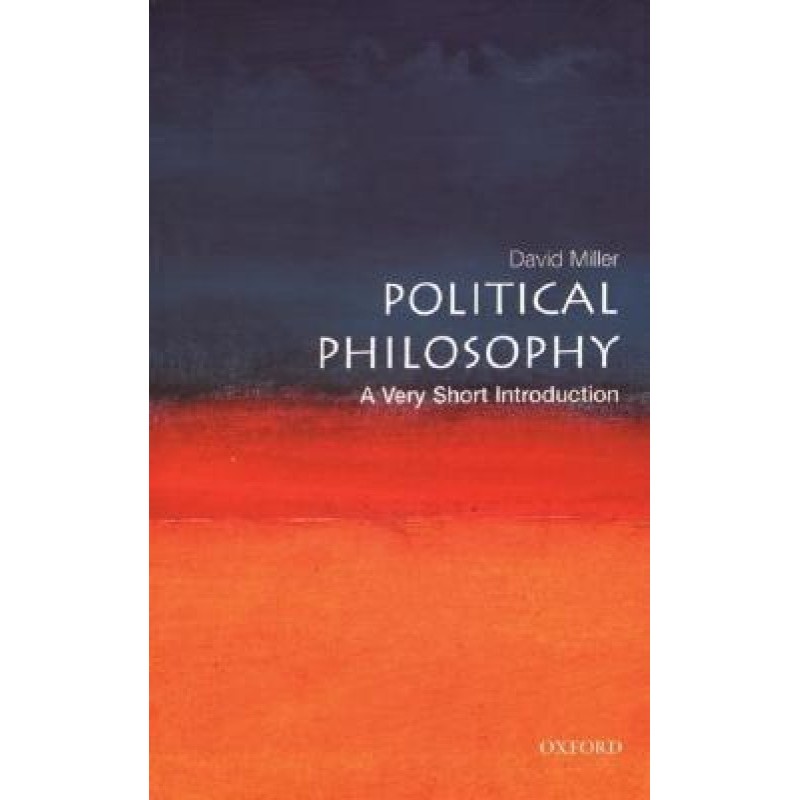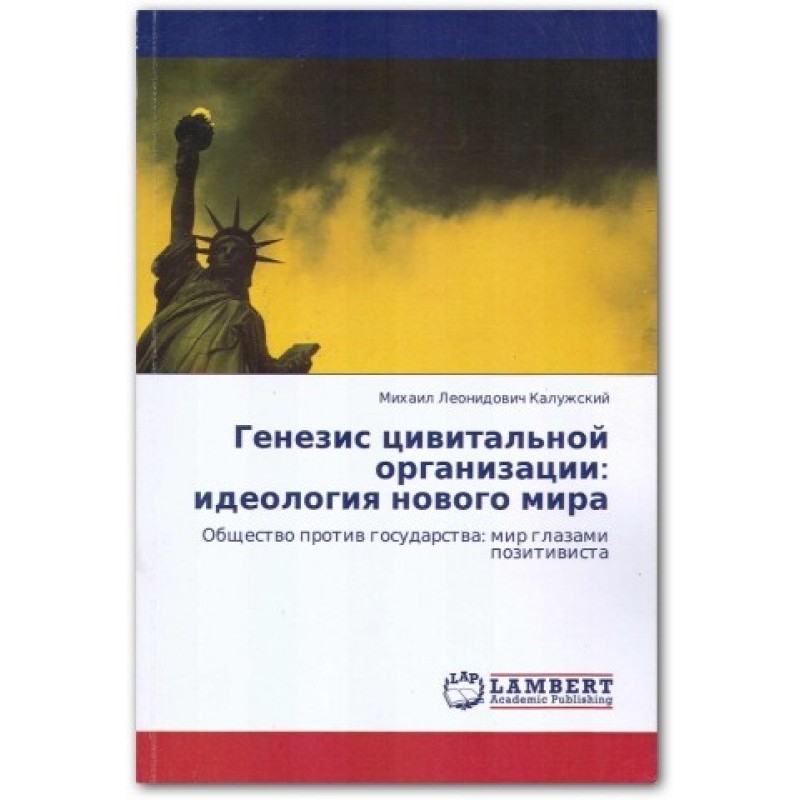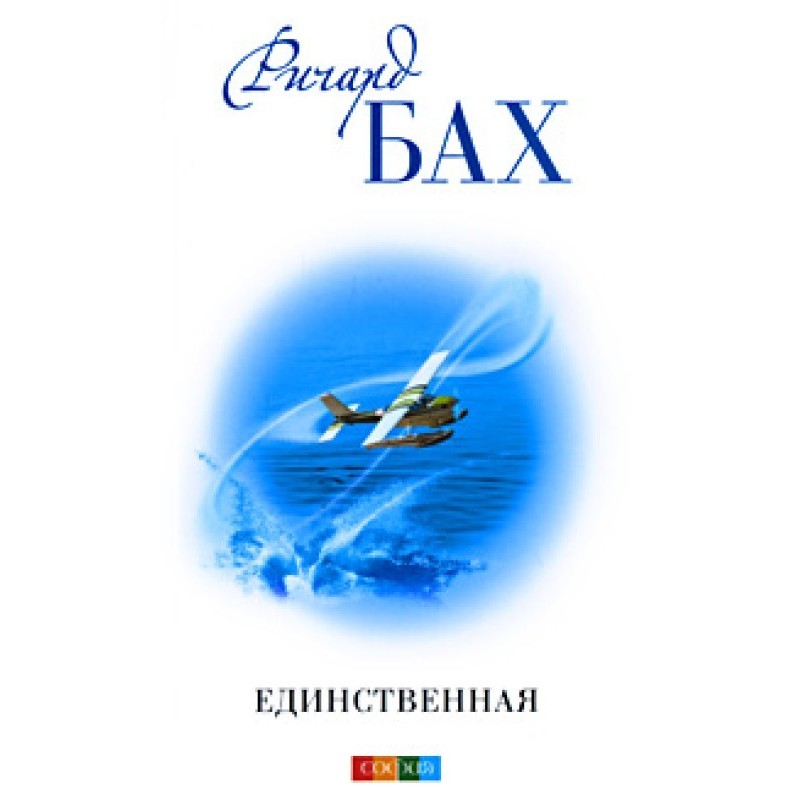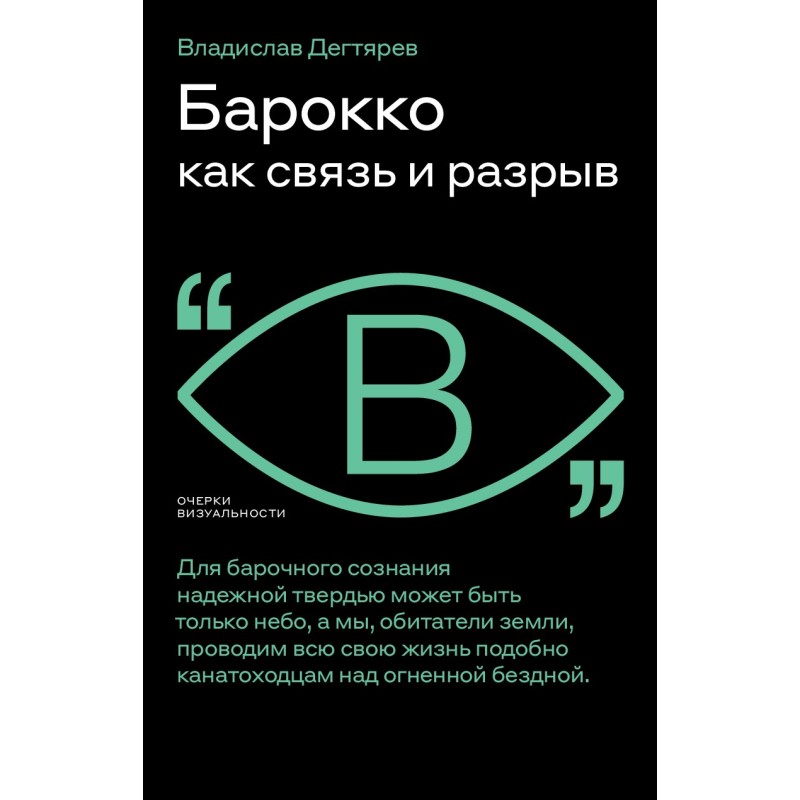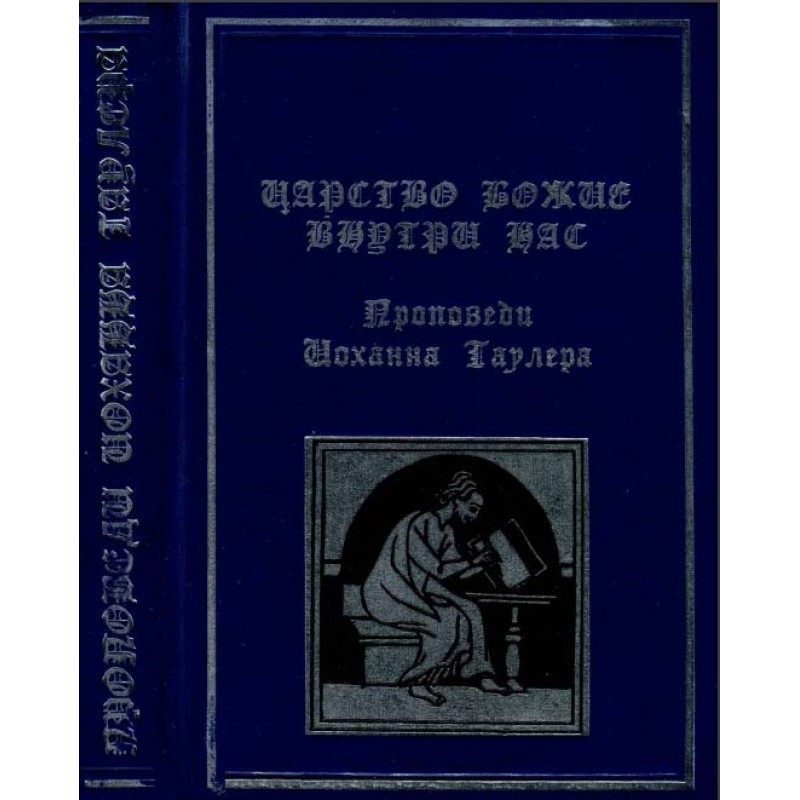Negative dialectics
 Instant download
Instant download
after payment (24/7)
 Wide range of formats
Wide range of formats
(for all gadgets)
 Full book
Full book
(including for Apple and Android)
Theodor Wiesengrundt Adorno (1903-1969) is one of the most famous German philosopher and sociologist of the radical left in the 20th century. His philosophical views were formed at the intersection of the arguments of neo-Hegelianism, avant-garde criticism of culture, conceptual rejection of technocratic rationality and totalitarian thinking. Adorno himself considered “Negative Dialectics” his main work. The philosophy of history is presented in this work as a methodology of universal negation, dialectics as the destruction of everything given. The new wave of popularity of Adorno’s ideas is associated with the growing influence of the radical anti-globalist opposition. The first Russian translation of the text of “Negative Dialectics” is offered to the attention of readers. T. Adorno worked on the text of “Negative Dialectics” from 1959 to 1966. The core of the book was made up of three lectures he gave in the spring of 1961 at the Collge de France in Paris. From the first two lectures (their structure remained unchanged) the first part of the book was formed; the third, significantly revised and expanded, became the basis for the second part. Many fragments of the text date back to much earlier times: the first drafts of the chapter on freedom date back to 1937, the motives of the fragment “World Spirit and World History” were borrowed from a report that Adorno gave in 1932 at the local branch of the Kant Society. The idea of the logic of decay is, apparently, one of the earliest in the author’s philosophical concept; Probably, its origins took shape already in Adorno’s student years. Translation from German - E.L. Petrenko for the “University Library” project
Data sheet
- Name of the Author
- Теодор Адорно В.
- Language
- Russian
- Translator
- Е. Л. Петренко
Reviews
Глибоке занурення у філософські роздуми
"Негативна діалектика" Теодора Адорно - це не просто книга, а справжня філософська подорож, яка вимагає від читача глибокого розуміння та готовності до інтелектуальних викликів. Адорно майстерно поєднує складні концепції неогегельянства з критикою культури та технократичної раціональності, створюючи потужний інструмент для аналізу сучасного суспільства. Його ідеї про діалектику як деструкцію старих парадигм відкривають нові горизонти для розуміння соціальних і культурних процесів. Переклад, виконаний Є.Л., дозволяє глибше зануритися в думки автора, зберігаючи при цьому його оригінальний стиль. Ця книга стане незамінним джерелом для всіх, хто цікавиться філософією, соціологією та критичним мисленням. Я б рекомендував її не лише студентам, а й усім, хто прагне зрозуміти складність сучасного світу та його викликів.

